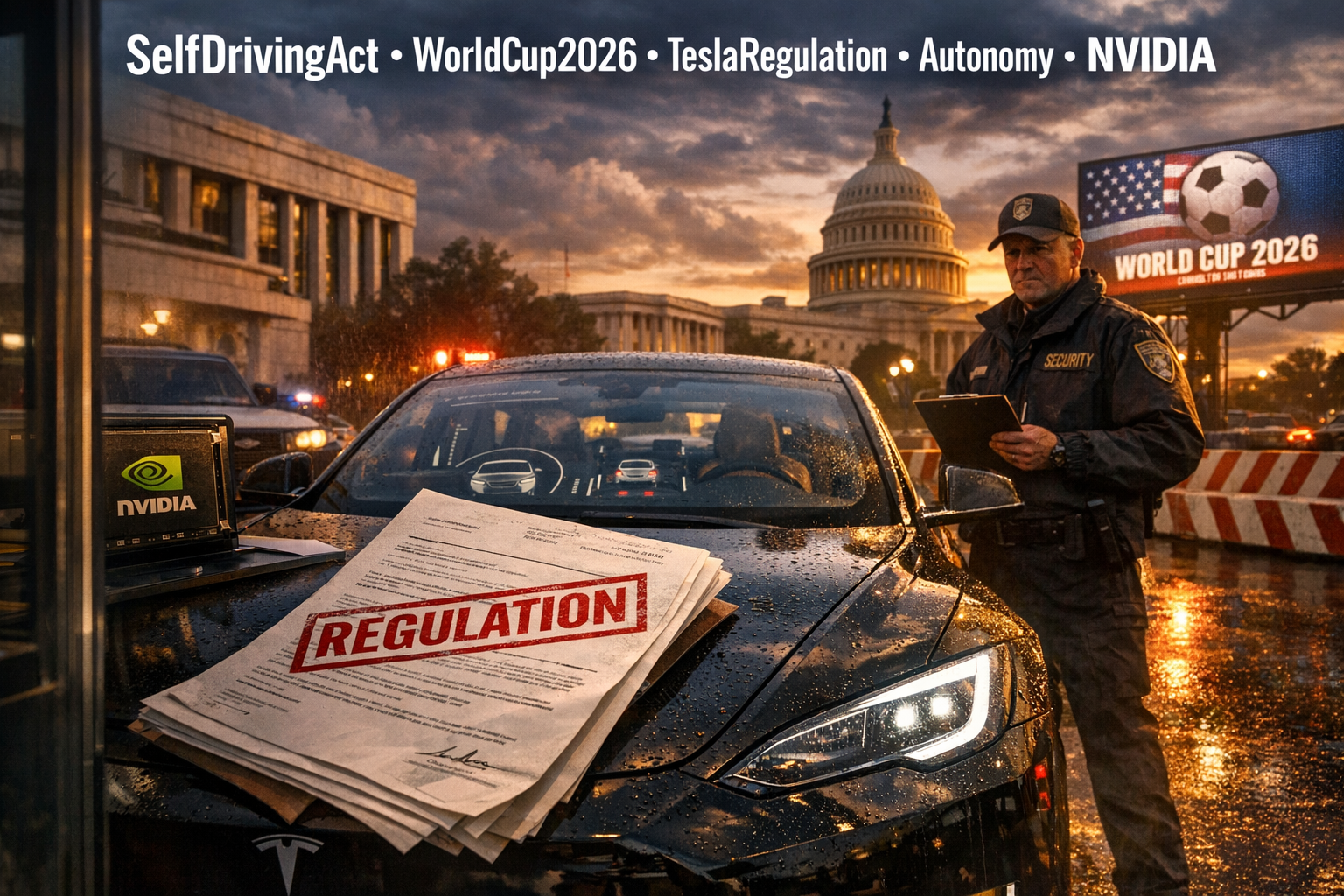Trump's $700 Billion 'Stargate Project': Empowering AI and Exposing Global Disparities
Overview of the 'Stargate Project'
President Donald Trump, immediately after his inauguration, declared the ambitious 'Stargate Project,' a $700 billion initiative intended to reshape the U.S. and global AI landscape. This proclamation reversed Biden-era AI executive orders but was framed as an enhancement of bipartisan approaches rather than a sheer policy rejection. Key players like OpenAI, Oracle, and SoftBank will collaborate to push the boundaries of AI infrastructure, including supercomputers and advanced data centers.
The project's initial allocation is $100 billion, set to rise to $700 billion over four years, marking one of the most comprehensive technologies and research investments in history. Managed by civil and private stakeholders alike, the project emphasizes creating a robust foundation for artificial intelligence's evolution, especially concerning General Artificial Intelligence (AGI).
Private Sector Collaborations and Microsoft’s Reduced Role
While OpenAI leads the project, significant shifts in partnerships are evident, such as Oracle stepping into roles historically held by Microsoft. Federal antitrust concerns surrounding Microsoft and OpenAI's close collaboration—specifically fears that Microsoft's $13 billion investment could monopolize the AI market—led to a recalibration of its involvement. Microsoft has thus transitioned from a strategic lead to a technical supporting partner.
Oracle, on the other hand, expanded its influence, bolstered by its cloud infrastructure capabilities and proactive alignment with OpenAI's scaling needs. Similarly, Japanese giant SoftBank is taking a prominent position due to CEO Masayoshi Son's aggressive AI strategy. Through acquisitions like Graphcore and the Neural Processing Unit (NPU) business via ARM, SoftBank aims to rival NVIDIA's dominance in AI accelerators.
Global Comparison: U.S. vs. South Korea
While the U.S. surges ahead with sustained and escalating AI investments under the 'Stargate' initiative, South Korea lags significantly in funding and policy continuity. With a planned $65 trillion KRW ($52 billion) investment by 2027, South Korea’s efforts amount to just one-tenth of the U.S.'s budget, raising concerns about its position in the global AI race.
Although South Korea recently passed its AI Basic Law, litigation risks, regulatory hurdles, and funding scarcity limit the full realization of its potential. Critics argue that restrictive EU-inspired ‘high-risk AI’ regulations overshadow the intention of fostering a thriving AI ecosystem.
Key Takeaways
-
'Stargate Project': A $700 billion U.S. initiative promising extensive AI infrastructure and capability development, driven by prominent tech entities like OpenAI and backed by President Trump.
-
Partnership Dynamics: Microsoft’s retreat due to antitrust scrutiny handed Oracle and SoftBank opportunities to dominate, revealing underlying shifts in global AI alliances.
-
South Korea's Challenges: Insufficient funding, policy volatility, and excessive regulation hinder its potential to compete effectively with AI powerhouses like the U.S. and Japan.
Conclusion
The ‘Stargate Project’ reflects the United States' unwavering commitment to maintaining AI leadership, substantively backed by financial scale, private-public collaboration, and strategic agility. Meanwhile, countries like South Korea face an urgent need to reassess their approaches to AI, emphasizing bipartisan policy consistency, increased funding, and reduced overregulation to sustain competitiveness.
< Summary >
The U.S. has unveiled the ambitious $700 billion 'Stargate Project' aimed at accelerating AI infrastructure, reflecting bipartisan cooperation. Major players like Oracle and SoftBank have sparked global cooperation while Microsoft reduced its influence due to antitrust issues. Comparatively, South Korea's AI efforts remain underfunded and overregulated, posing significant challenges in global competitiveness.
- Crafted by Billy Yang
[More…]


